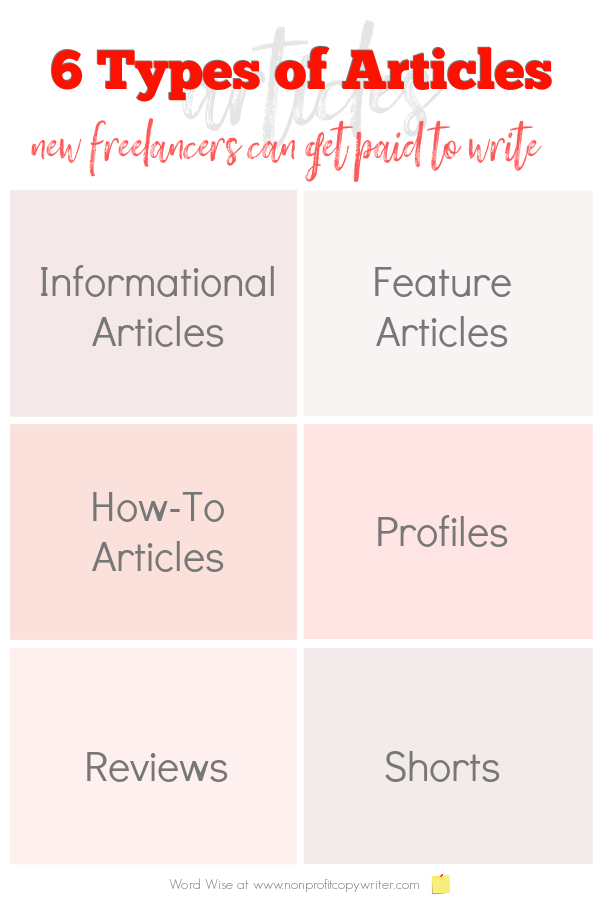Exactly how to Leverage articles for Effective SEO-Optimized Web Content
Exactly how to Leverage articles for Effective SEO-Optimized Web Content
Blog Article
The Mechanics of Articles: A Guide to Their Usages
The distinctions between the guaranteed and indefinite write-ups can dramatically alter the definition of a sentence, affecting how information is shared. Typical blunders, such as the incorrect application of "a" and "an" or the abuse of articles with uncountable nouns, can lead to complication.
Sorts Of Articles
When it concerns understanding the sorts of articles, it is essential to damage down the differences that exist among them. Articles in the English language are categorized mostly right into two types: definite and uncertain write-ups.
The guaranteed post, "the," is utilized to refer to details nouns that are recognized to the visitor. It indicates that the noun it changes is certain and identifiable, distinguishing it from various other prospective entities. In the phrase "the publication on the table," the audio speaker indicates a particular publication that both the audio speaker and listener are acquainted with.
In contrast, uncertain articles, "a" and "an," are utilized to refer to non-specific nouns. The selection between "a" and "an" depends on the phonetic context of the complying with word, where "an" is used before vowel audios.

Definite Write-up Use
The guaranteed post "the" plays an essential function in specifying nouns within a sentence, enabling clear interaction of ideas. Its primary feature is to suggest that the noun it precedes is distinct or known to the visitor or audience. In the expression "the publication on the table," "the" signals that a particular publication is being referenced, one that is identifiable in the context.
" The" is typically used with single and plural nouns, in addition to uncountable nouns, better improving its flexibility. When reviewing ideas, events, or entities that are generally recognized, such as "the Planet" or "the Web," the definite post serves to emphasize their singularity. In addition, it can be employed with superlatives, as in "the very best remedy," to represent a certain level of comparison.
In various contexts, the precise short article also appears with geographical names, organizations, and social references, such as "the USA" or "the Louvre." Understanding its appropriate use is vital for achieving precision in language, therefore fostering efficient interaction in both written and talked forms.
Indefinite Short Article Use
Uncertain articles, particularly "a" and "an," offer a distinct purpose in language by presenting nouns that are not specifically known to the visitor or audience. These write-ups convey a sense of generalization, showing that the noun they modify is among several possible instances instead of a certain entity.
The selection between "a" and "an" depends on the initial noise of the complying with word. "A" is made use of before words that my site begin with a consonant sound, while "an" precedes words that begin with a vowel sound. One would say "a cat" but "an apple." This guideline is vital for keeping fluidness and ease of pronunciation in speech.
Uncertain posts also come right into play when going over professions, nationalities, or associations. On the whole, the proper usage of indefinite write-ups enhances interaction by supplying clarity and accuracy regarding the nouns being talked about.
Usual Mistakes to Stay Clear Of
Numerous students come across risks when utilizing indefinite posts, which can result in complication in communication. A typical mistake is utilizing "a" prior to words that begin with vowel audios, such browse this site as "an honor" or "an umbrella." This mistake stems from concentrating entirely on the initial letter instead of the phonetic sound. Additionally, students typically abuse indefinite write-ups with uncountable nouns, wrongly mentioning "a water" as opposed to simply utilizing "water," which does not require a short article.
Another regular mistake entails leaving out the indefinite article when it is required. As an example, one could claim "I saw canine in the park," overlooking to consist of "a." This omission can make sentences seem incomplete. On the other hand, using uncertain short articles excessively can also bring about uncomfortable wording, such as "I had a good time at a the event."
Comprehending the contexts in which indefinite articles should be employed is important. As an example, they are not utilized when describing general groups, as in "Felines are spirited," instead of "A pet cat is spirited." Identifying these typical errors will improve quality and accuracy in written and spoken English.
Tips for Effective Use
To effectively utilize uncertain posts, it is essential to recognize their suitable contexts and subtleties. Indefinite write-ups, namely "a" and "an," are used to refer to non-specific products or to introduce brand-new principles. When utilizing "a," bear special info in mind that it precedes nouns starting with a consonant audio, while "an" is made use of before vowel noises. This distinction is critical for preserving grammatic precision.

In addition, avoid overusing indefinite posts in instances where uniqueness is needed. Method reading different messages to observe just how seasoned writers utilize uncertain short articles, improving your understanding of their reliable application.
Verdict
Comprehending the distinct roles of certain and uncertain short articles allows for even more efficient expression of ideas. Inevitably, a solid understanding of article usage is vital for effective scholastic and expert communication.
Report this page